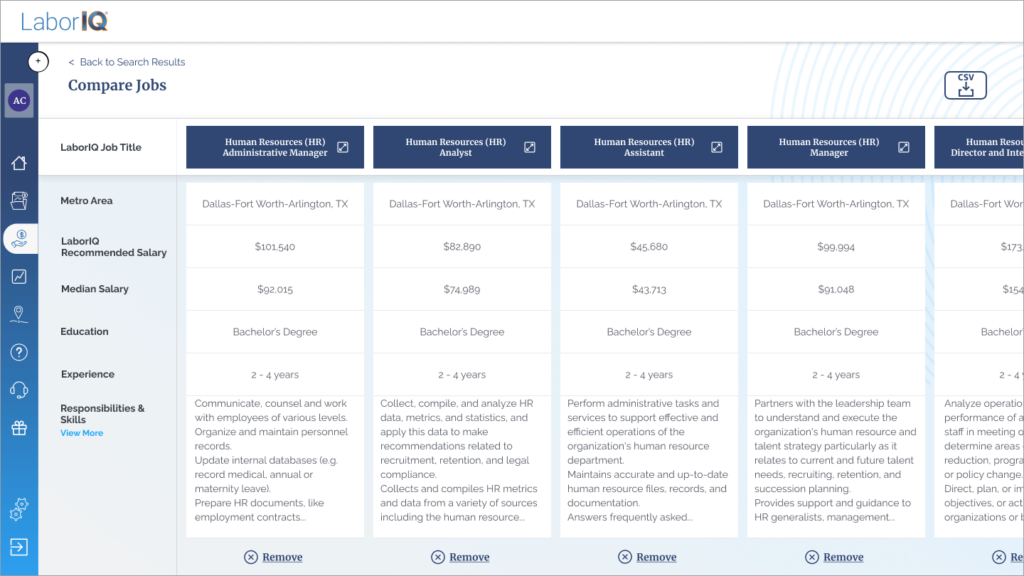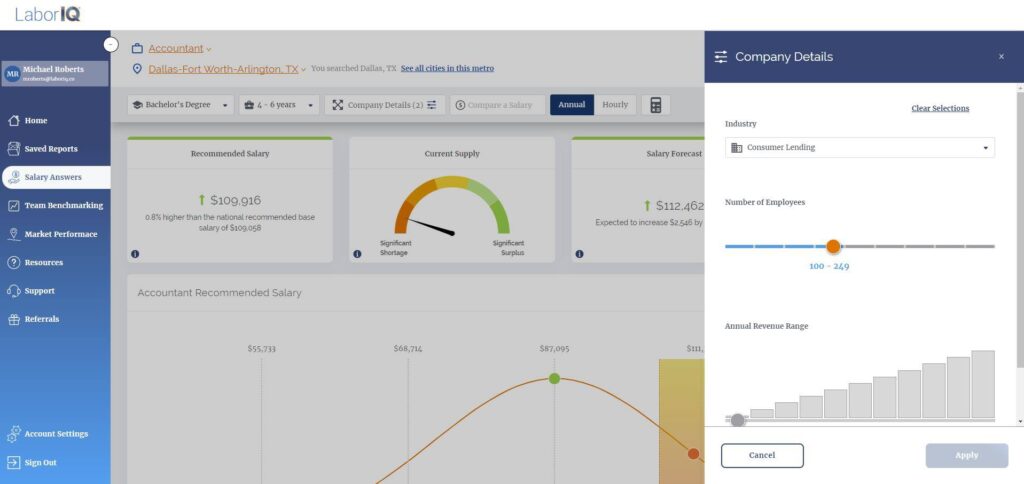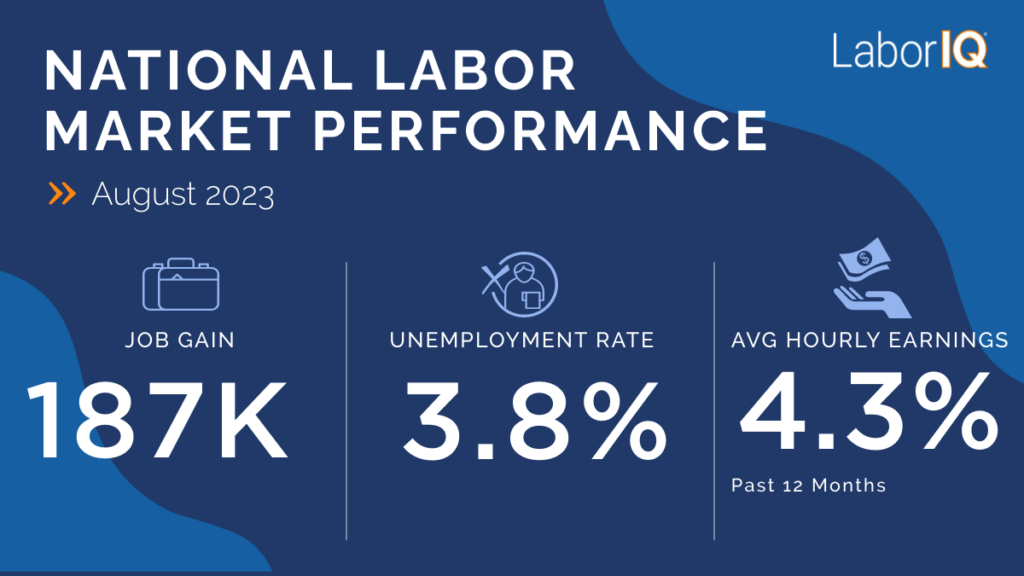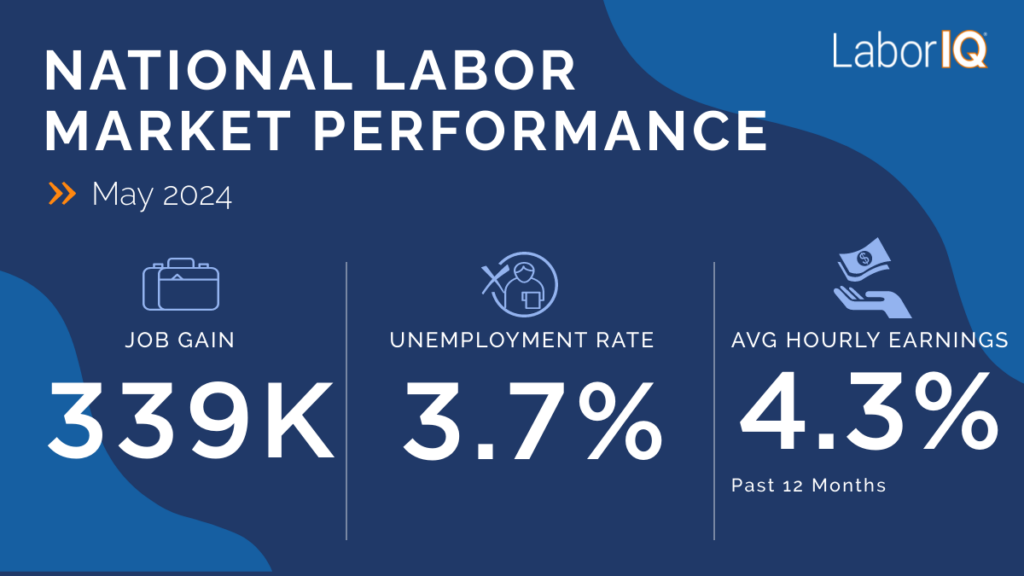Some industries have emerged as winners during the coronavirus pandemic recovery, while others have been less fortunate. Luckily for talent acquisition pros, there’s a way to turn the underperforming industries into recruitment gold by scooping up the best of their former employees. The trick is hiring those with marketable skills that are easily transferable to a new industry.

Which industries, exactly? According to an analysis by LaborIQ®, companies in specific categories have more employees today than they did a year ago. Among them are retail equipment, garden and building-material stores, as well as general merchandise and food and beverage stores. Also joining this winner’s circle are delivery services, computer equipment outfits, insurance carriers, investment firms and warehousing and storage concerns.
At the opposite end of the spectrum, however, are companies in the Educational Services industry, where employment has plummeted by 355,000 jobs since the pandemic hit, or 9.3% of its workforce. Jobs in Mining and Logging have fallen by 101,000, or 14.1%, while Leisure and Hospitality has been the biggest loser of all, shedding a whopping 3.84 million jobs, or 22.8%.
As recruitment specialists look to fill jobs in the industries where talent demand remains strong, they can often fill the roles with employees possessing transferable skills from the industries hit hardest by the pandemic. In contrast to hard technical skills, like computer programming or data analysis, transferable skills are those skills or abilities that will be valuable in most any industry or job.
Some of the most valuable transferable skills include:
- Communication. Good written and verbal skills mean a candidate can convey their ideas, relate to others and solve problems effectively.
- Teamwork. The ability to work together with other team members, including remotely, makes it easier to complete projects and be productive.
- Motivation. Hiring managers seek out organized, self-starting employees with strong work ethics who take their responsibilities seriously.
- Problem-solving. Employees with critical thinking skills, who can study a problem and come up with a good solution quickly, will be sought after by any organization.
- Creativity. The key is having a unique perspective on challenges and thinking innovatively.
- Tech smart. Having enough knowledge to be tech savvy and digitally literate is a must in today’s fast-changing workplace.
- Management. In addition to people and relationship management, organizational skills are necessary to optimize a team’s performance.
If a candidate has experience managing complex operations or staff across multiple departments, that skill could be applicable in a variety of fields, from grocery stores and warehousing concerns to delivery services. Likewise, a schoolteacher might well be good at project management, and a restaurant server could excel at customer service in a retail environment.
Transferable Skills Over Direct Experience
Unfortunately, 57% of today’s newly unemployed are unable to identify their transferable skills with confidence, according to a LiveCareer survey of more than 1,500 of these workers. And 34% of the surveyed workers couldn’t provide good examples of how their skills would apply to another job.
With this in mind, job postings can spell out why certain traits are more important than years of direct experience in a particular field. Recruiters should also hone in during the interview process on those skills that will be most critical for success in the role.
Doing so will be especially important for acquiring talent quickly in “hot” markets and industries, as identified by LaborIQ. Among the great hiring markets now are Atlanta, Charlotte, Dallas, Denver and Phoenix, while the industries recovering fastest include Financial Activities, Healthcare, Manufacturing, Construction and Professional and Business Services.
Recruitment pros who seriously consider employees with transferable skills from declining industries will broaden their talent pools. And importantly, they’ll tap into a more diverse group of candidates who can bring new energy and fresh perspectives to their organizations.

















































